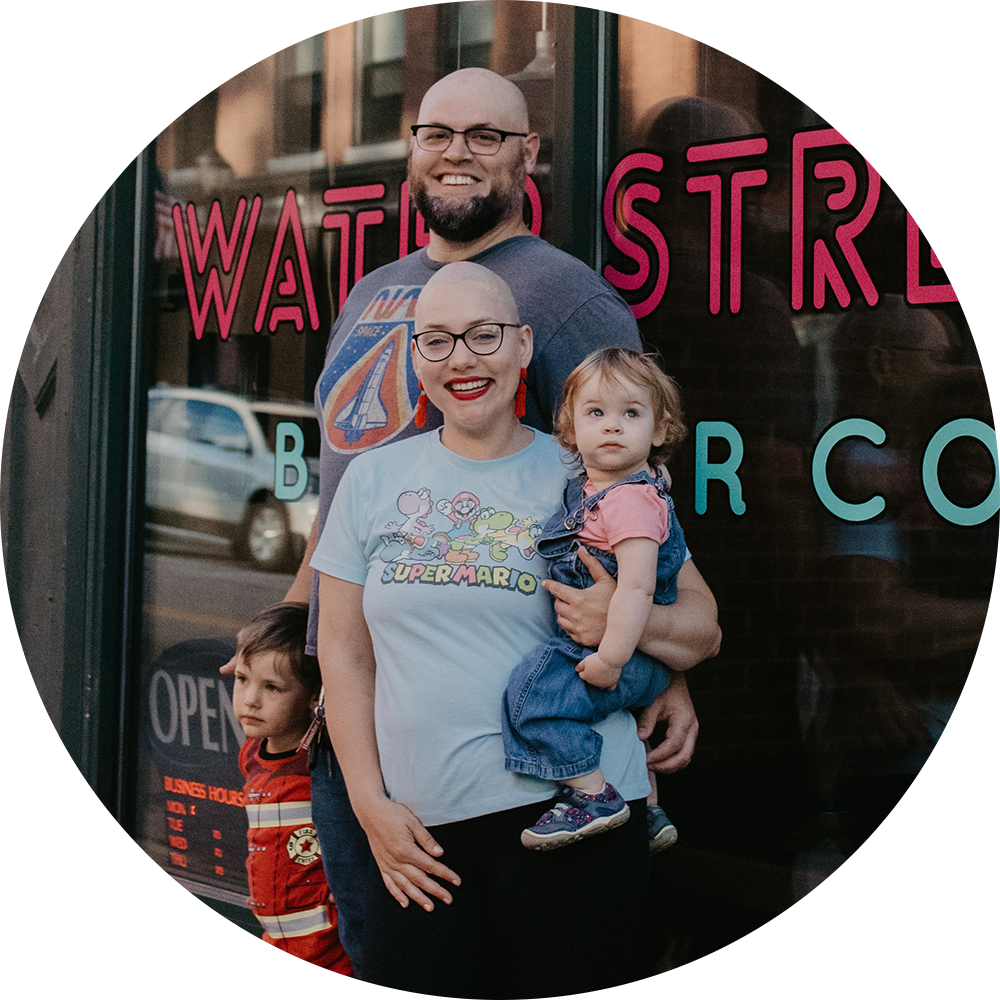The Increasing Need
Demand for cancer care is increasing.
Sixteen years ago, we were caring for approximately 800 new cancer patients annually. Today, we care for two-and-a-half times that number of new patients. We saw a 75% increase in new patient consults from 2018 to 2021 alone. Overall cancer patient numbers are also projected to continue growing over the next five years.
Several factors influence this increase:
-
-
- Advancements in screening and imaging technologies are detecting and diagnosing cancers earlier.
- Patients are in treatment longer thanks to improvements in targeted genomic and genectic therapies.
- Clinical partnerships with Franklin Memorial Hospital in Farmington and Redington-Fairview General Hospital in Skowhegan allow us to serve more cancer patients from these rural communities through coordinated care with their local clinicians.

"Cancer hits you close to home . . . it could be you or your loved one or your friend.
We need to make sure we have everything we need close to home to give us the best chance of — not just surviving — but thriving through our cancer journey."
— Julia E., breast cancer survivor, age 32
To meet the growing needs of our patients, we have reconfigured and filled every inch of our beautiful facility:
-
- Offices have been turned into exam rooms to care for more patients.
- In 2007 when the center was built, we had three medical oncology physicians and one Advanced Practice Provider (APP). Now, we have six medical oncology physicians and seven APPs.
- Clinicians are working out of storage areas that were converted into makeshift offices.
- Due to these accommodations, patient exam rooms are no longer centralized with their clinical teams as they were originally.
- Space for cancer research and clinical trials has been constricted to accommodate increased demand for clinical patient care space.
- Education programming has been altered, with fewer places for patients to gather.
We are at absolute capacity today.
Our current space constraints will not meet our patients' future needs.
To fulfill our promises and keep patients first, the Harold Alfond Center for Cancer Care must expand.